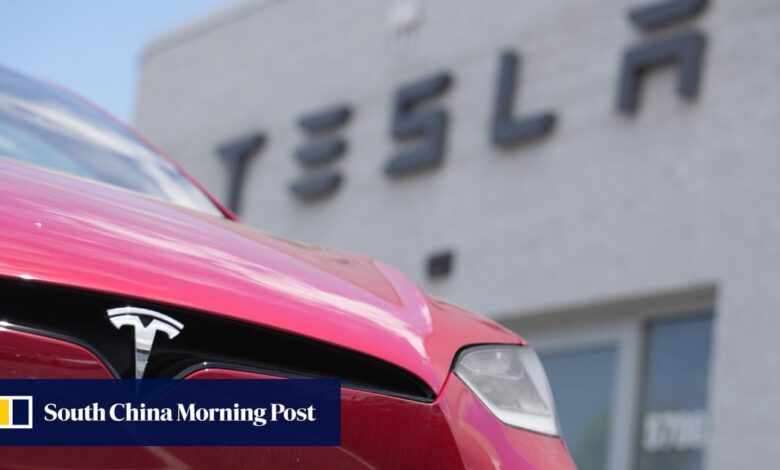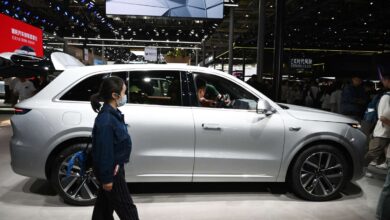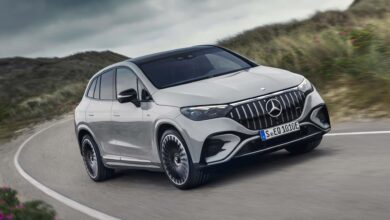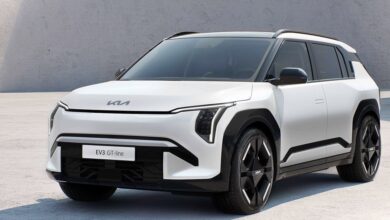Battle for market share: Tesla cuts EV prices in mainland China in line with the US as sales slow

Just earlier this month, Tesla had raised the price of the Model Y SUV by nearly 2 per cent, attempting to buck the trend of price cuts in China.
Tesla on Sunday reduced the price of its entry-level Model 3 from 245,900 yuan (US$33,965) to 231,900 yuan, and is now offering the Model Y from 249,900 yuan onwards, compared with 263,900 yuan previously.
The US electric-vehicle (EV) maker also slashed the prices of the higher-end Model S and Model X by more than 15 per cent and 19 per cent, respectively, in its second biggest market.
“Tesla’s Shanghai-made Model 3 and Model Y vehicles remain attractive to young motorists in China who regard the US carmaker as the global leader in EV development,” said Zhao Zhen, a sales director with Shanghai-based dealer Wan Zhuo Auto.
“Further price reductions are expected if delivery volumes fail to live up to the company’s expectations.”
The fresh round of price cuts in China came on the heels of the company lowering prices in the US, its biggest market, on Saturday.
Tesla said earlier this month that it had delivered about 387,000 vehicles in the first three months of this year, which represented a more than 8 per cent drop from the same period a year ago.
The US EV maker’s shares have plunged more than 40 per cent since the beginning of this year. It is expected to report its first-quarter earnings on April 23.
The price cuts also came after Tesla last week slashed its payroll in China, which mainly affected sales staff, amid falling deliveries in the world’s largest EV market.
In mainland China, the company’s sales between January and March dropped 3.6 per cent from the fourth quarter of 2023 to 132,420 units.
While Tesla remains the second biggest EV seller in China, it faces cutthroat competition as domestic rivals continue to offer aggressive discounts.
BYD, the world’s bestselling EV builder, has slashed the prices of nearly all of its cars by 5 per cent to 20 per cent since late February, as the industry’s growth in China showed signs of tapering off.
Guangzhou-based Xpeng said on Saturday that it will offer subsidies covering four EV models, while Aion, an EV arm of state-owned Guangzhou Automobile Group, also announced price cuts earlier in the week.
Cui Dongshu, general secretary of the China Passenger Car Association, in February said most mainland-based carmakers were likely to continue offering discounts to retain market share.




